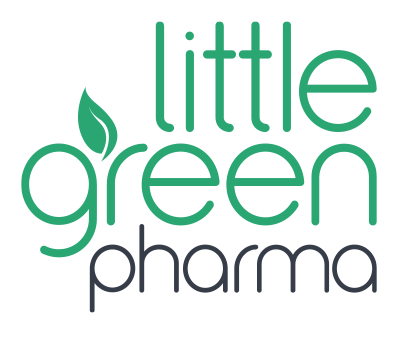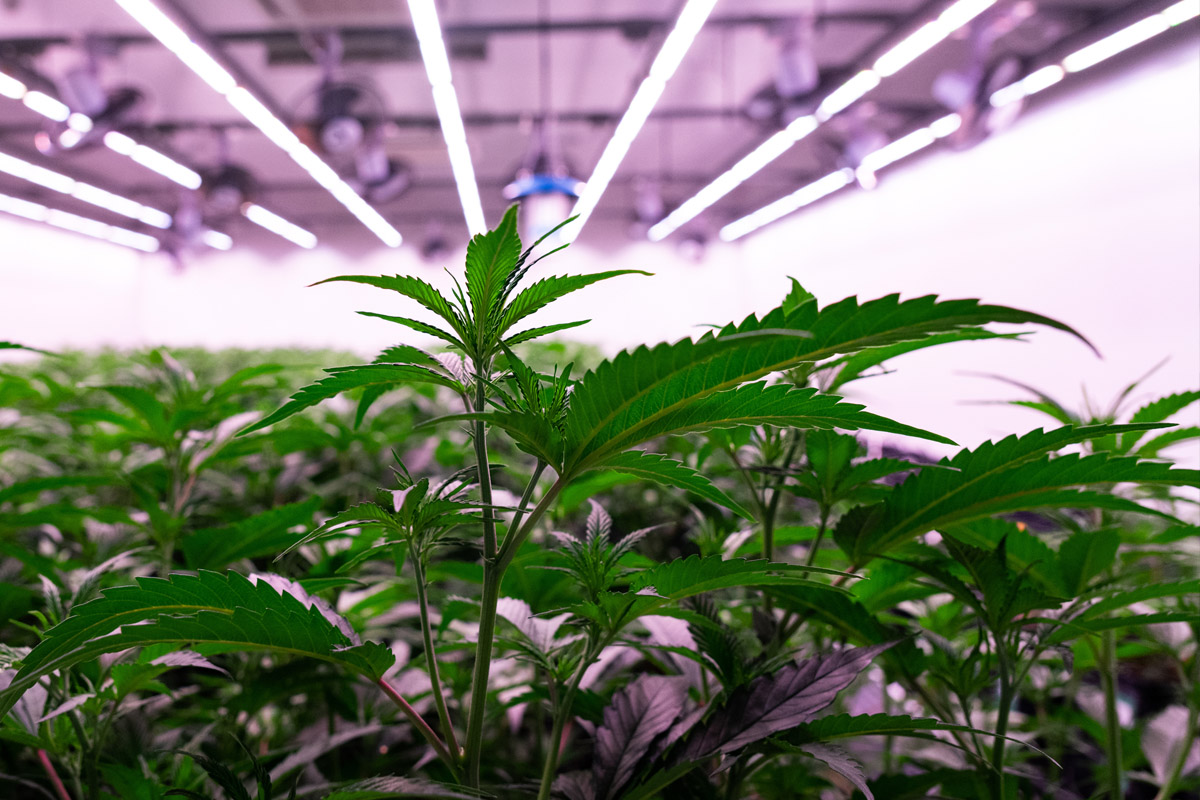
- Menu Section List
Research & Development

Projects
Little Green Pharma aims to exceed simply meeting the market needs. Learn more about Little Green Pharma’s expansion, projects and research & development
Learn More
Quick Links
Contact Us
Head Office:
PO Box 101, Wembley,
Perth WA 6913
Ph: +61 8 6280 0050
info@littlegreenpharma.com
Email Alerts
Get the latest company news


